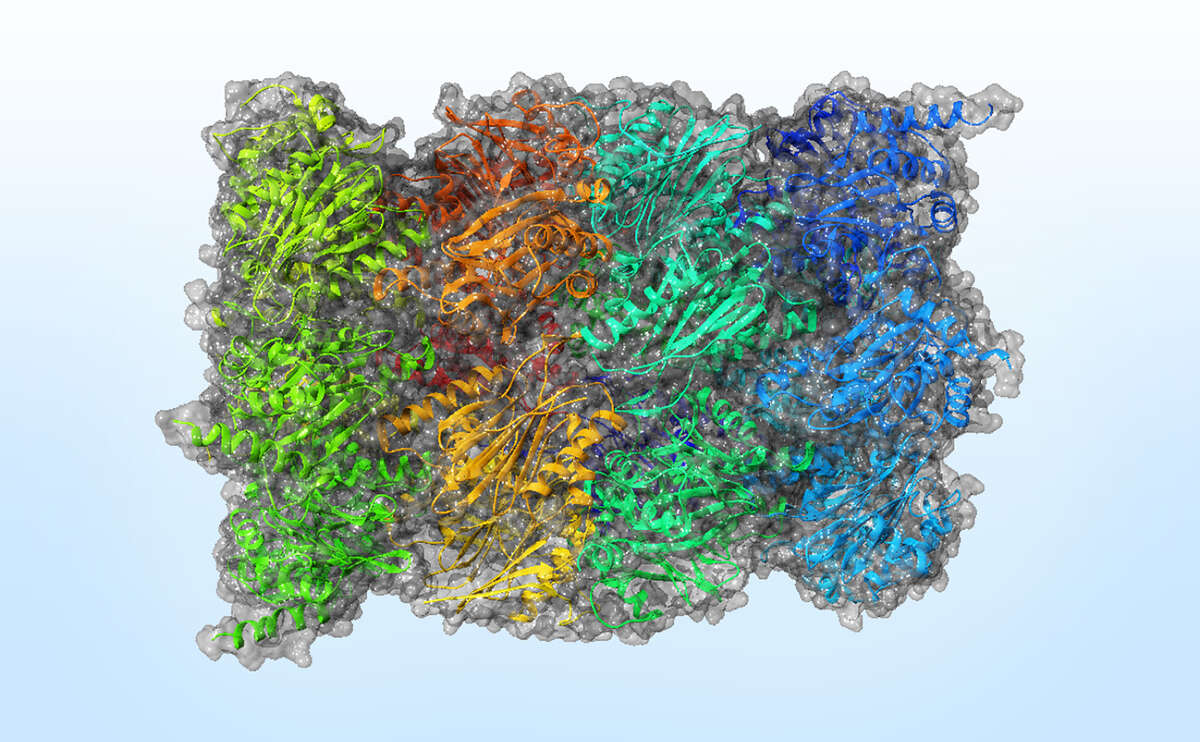Main Content
Cellular Imaging and Nanoanalytics
We combine microfluidics and electron microscope to study cellular structures and mechanisms.
The exact architecture of proteins and cellular arrangements is vital for cells and organisms. The study of these structures is essential to understand the underlying biological mechanisms. Electron microscopy radically changed how we do that. Thereby, sample preparation is a critical success factor. Miniaturized systems enable the structural characterization of cellular components not accessible before and allow new ways to study the single-cell proteome.
Microfluidics to solve sensitive protein structures
Cryo-electron microscopy (cryo-EM) only needs several thousand to a few million imaged particles to calculate a high-resolution structure and build an atomic model. Unfortunately, classical methods are a bottleneck since they employ lengthy and harsh procedures requiring large protein amounts.
We address these limitations by combining electron microscopy and microfluidics. This allows cryo-EM specimen preparation from nanoliter-sized samples in a gentle and lossless manner. Notably, microfluidics also allows the isolation and purification of proteins from a tiny amount of starting material. We foresee this new method to characterize proteins, which did not withstand the harsh isolation procedure, or could not be produced in the needed amounts before.
Single-cell proteomics to study neurodegenerative diseases
We combine a single-cell picker with the microfluidic sample preparation method to prepare an individual cell’s proteome for imaging by electron microscopy. The proteins are analyzed according to their shape. As an example, this allows detecting proteome-wide structural changes between a healthy and a diseased cell. We employ this method to study the cell to cell progression-mechanism involved in Parkinson’s disease.
Team
PhD Students
Larissa Glass Biozentrum, Room: 05.Q3
Maryam Mohammadi Biozentrum, Room: 05.Q3
Elaine Schneider Biozentrum, Room: 05.Q4
Michael Zimmermann Biozentrum, Room: 05.Q3



